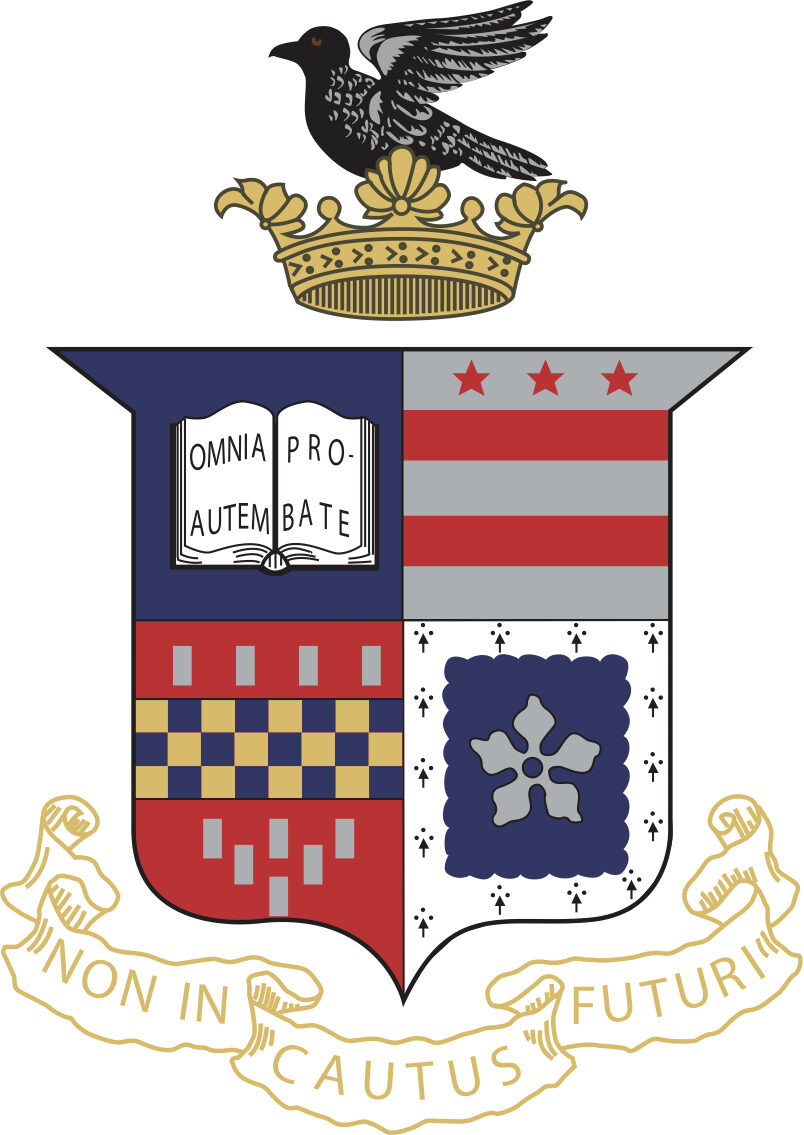Much could be said about Virginia’s historic decision to repeal the death penalty, and Professor Klein’s essay provides a wonderful starting point for any number of important discussions. We could talk about how the decision came to be. Or why the move is so momentous. Or what considerations were particularly important in the decision‑making process. Or where we should go from here. But in this brief comment, I’ll be focusing not on the how, or the why, or the what, or the where, but rather on the who. Who are condemned inmates, both generally and Virginia‑style?
Washington and Lee Law Review - Death Penalty
Roundtable
by Alexandra L. Klein
When thinking about the history of capital punishment in the United States, I suspect that the average person is likely to identify Texas as the state that has played the most significant role in the death penalty. The state of Texas has killed more than five hundred people in executions since the Supreme Court approved of states’ modified capital punishment schemes in 1976. By contrast, Virginia has executed 113 people since 1976.
But Virginia has played a significant role in the history of capital punishment. After all, the first recorded execution in Colonial America took place in 1608 at Jamestown, when Captain George Kendall was shot to death by a firing squad. Virginia has officially executed 1,390 people, more than any other state.6 I write officially, because Virginia, like many other states also has a history of extrajudicial executions through lynching. The Equal Justice Initiative has calculated that between 1877 and 1950, eighty-four people were lynched in Virginia. Lynchings were arguably a form of “extrajudicial execution” because they frequently involved either the deliberate ignorance or enthusiastic cooperation of local officials and were tools of social control, just like legislatively enacted capital punishment.
Over four hundred years since Captain Kendall died at Jamestown, Virginia has decided to end its brutal regime of capital punishment. This is a truly historic moment. Virginia will be the first southern state, as well as the first state of the group of eleven states that seceded and formed the Confederate States of America during the Civil War to do so.
